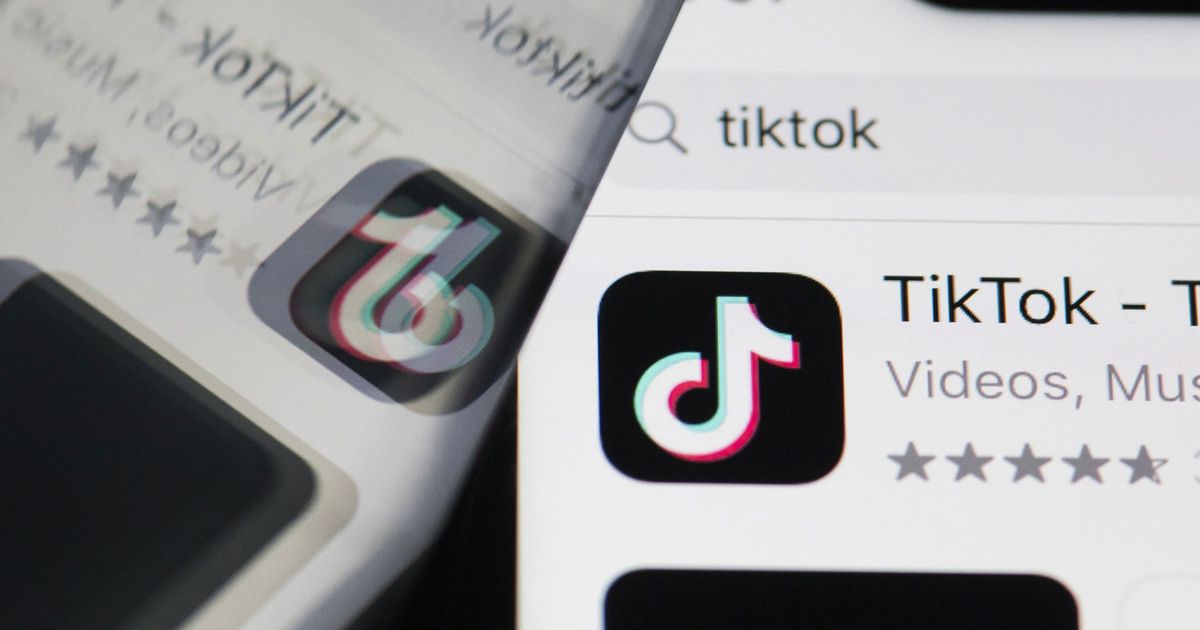6 takeaways from Ad Age’s Small Agency Conference
How experts say the industry’s smaller shops should be addressing everything from pitches to agency culture.

When measuring campaigns—and selling the work to clients—agencies should not fixate on soft metrics such as brand awareness, said Brent Hodgins, managing director, Mirren Business Development, an agency training firm. Rather, shops should learn the business language of their clients, including category-specific key performance indicators, such as direct bookings or occupancy rates for the hospitality sector.
“Clients are focused on growth and revenue and most agencies are focusing on brand reputation and positioning,” Hodgins said. “And that is a gap.” Awareness “in and of itself is not an end benefit,” he said, because you can grow awareness and still not move one product off the shelf.” He added: “When you don’t use the language of your client … it’s like you are an outsider trying to be an insider.”
“The ad industry has a branding problem,” Cavallo said. She showed a slide revealing multiple agencies using generic and similar-sounding mission statements, all using the word “meaningful”—and contrasted that with precise, and highly differentiated mission statements of several brands, including Patagonia, Nike, Yeti and JetBlue. But not all shops are falling short on branding. She then shared a list of agencies that, in her opinion, are getting their branding right: Fig, We Believers, Opinionated, Sweat + Co., Erich and Kallman and Convicts, whose mantra is “troublemakers for a better world.”
Get serious about your capabilities—and your website
Pitches often have warning signs that an account might not actually be as desirable as it sounds, executives shared during a panel discussion focused on the pitch process. One example is when an agency receives a request for information, or RFI, according to Lindsey Slaby, founder of Sunday Dinner, who often works with marketers to help them find the right agency partner.
“I've never seen one of my clients read them and we don't use them, Slaby said. “That means that they're not taking enough time to actually learn about you and no one has pre-vetted you. So you're just getting an RFP that everybody else got.”
Another red flag mentioned is if a chief marketing officer isn’t available during a process. “If they're not available now they're not going to be available later and it’s going to be a nightmare to get work through.”
A third red flag mentioned was if a client isn’t upfront about their budget, with one potential caveat. “We know how much money we have, although production could be iffy, that changes sometimes,” Slaby said.
Get your legal affairs in order—and also take a vacation
Jeff Sweat, owner of PR agency Sweat + Co., discussed how his agency kept running during his battle with COVID-19, which included three weeks of being intubated. His team faced details Sweat had never thought of previously. His wife had to navigate the challenge of getting the company’s LLC documents signed while Sweat was hospitalized so that staffers would be able to receive paychecks.
Sweat offered frank advice to agency owners, including making sure that their agencies can run without them. Think ahead about the details, he said, such as establishing corporate officers who can sign off on payroll—that’s why his wife needed to get those legal documents squared away.
Also, go away on a real vacation, he said, and don’t wait for a crisis.
“People generally work better when you’re not around,” Sweat said, adding that a company leader’s job should come down to “training and coaching people to be the one to take charge” when you aren’t there.

 JimMin
JimMin 
































